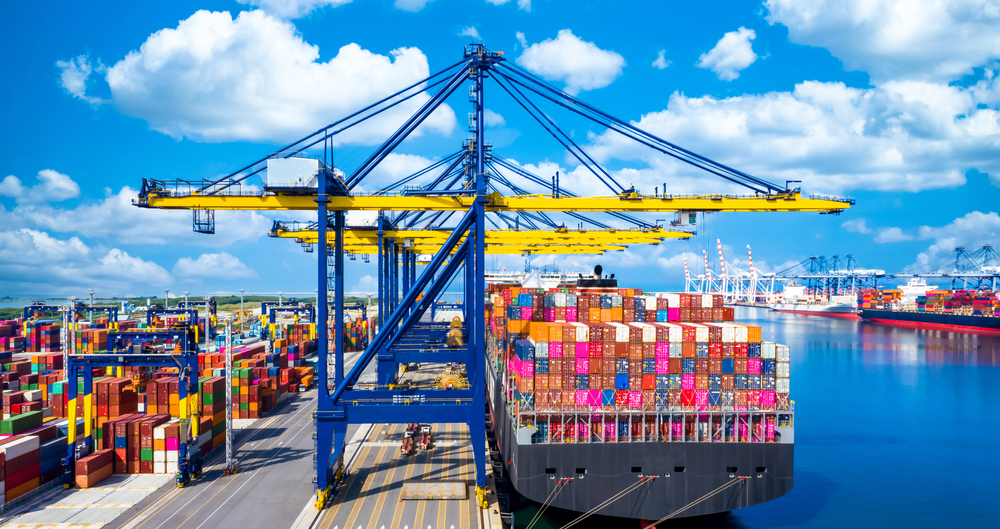
February 3, 2021
Renewable energy, agriculture, people-to-people exchange and textiles are areas of Indo-Lebanese engagement.
Tensions of Syria helped shift Libya’s trade channels from terrestrial to air transportation and sea-based trading.
Exports in Lebanon have been dominated by the services sector, metals and precious gemstones.
Chemicals, construction and machinery are the sectors that can help kickstart market diversification in Lebanon.

An MoU between the Association of Lebanese Industrialists and the Trade Promotion Council of India was signed today under the leadership of Ambassador Dr. Suhel Ajaz Khan. The Association of Lebanese Industrialists is a body that liaises with the private sector and public sector stakeholders on concerns relating to the business ecosystem and participates in the policy-making process. The MoU between the nations is expected to have a positive impact on the bilateral trading mechanism. Bilateral Relations between India and Lebanon have been concentrated in the domains of renewable energy, agriculture, people-to-people exchange, textiles, machinery, and gemstone exports among others. The volume of bilateral trade in the 2019-20 period was documented at US$ 234mn.
World Bank Data reveals the impact that the turbulence in the neighbouring country of Syria has on the trade relations facilitated by Lebanon. Syria appears to be the leading export destination wherein a great volume of trade was facilitated through land transport. While the crisis impeded the flow of land-based trade but gradually enabled the nation to embrace sea-based trade and air transport, fueled by strong demand. Exports reveal that the export landscape in Lebanon has great potential for diversification.
The current volume of exports is largely dominated by the services sector and tourism with the former taking up an 80% share of the total exports. Metals and gemstones are the sectors that have exhibited consistent growth over time with the textile sector experiencing a decline for more than a decade since 1995. The Lebanese Centre for Policy Studies records that the medicaments space is one that the market economy can diversify into. Furthermore, sectors such as chemicals, construction and machinery hold the key to economic diversification. Trade partners, in this scenario, can function as allies to help further the production and exports of goods in upcoming sectors.